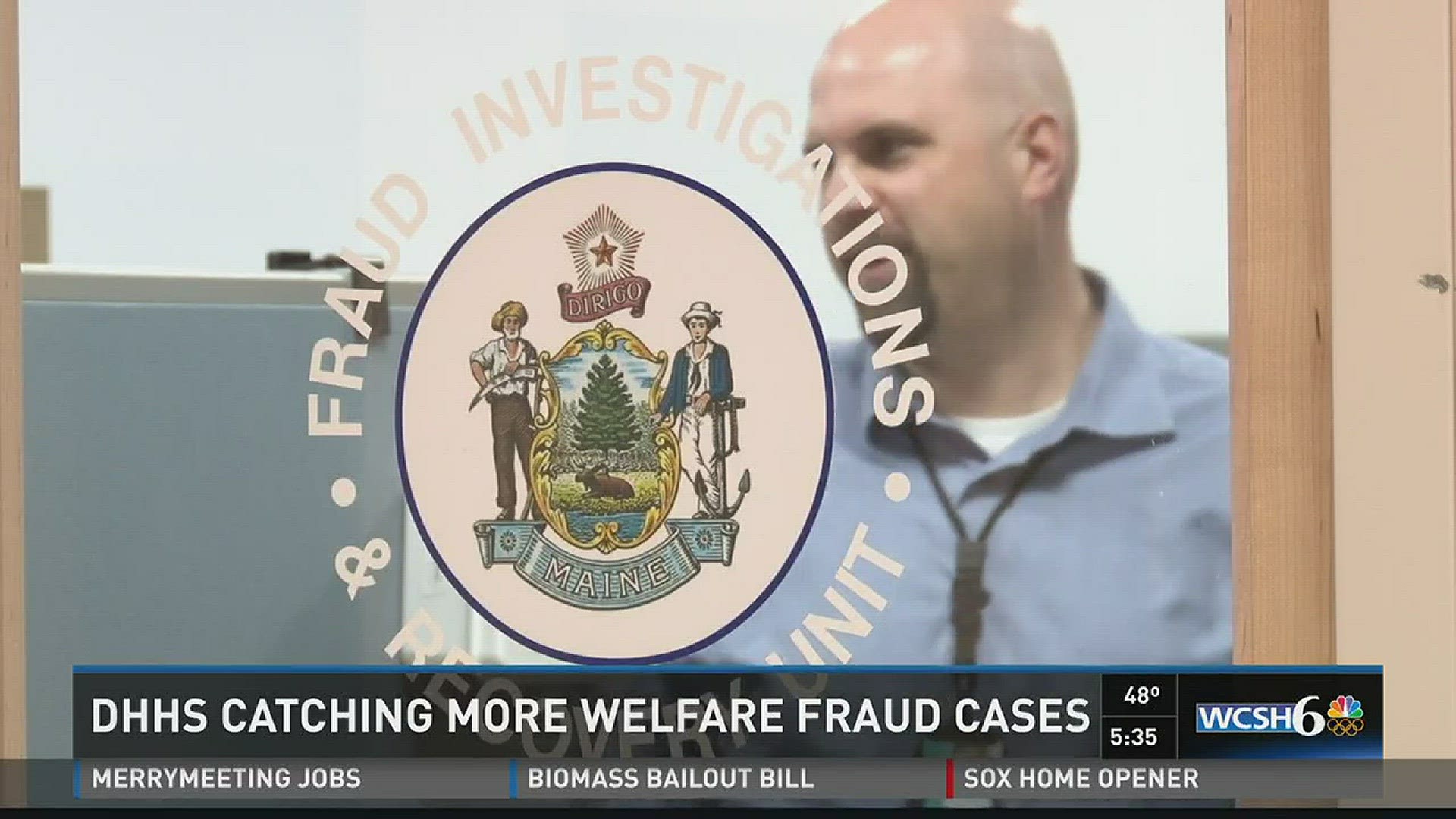SOUTH PORTLAND, Maine (NEWS CENTER) -- A unit of the Maine Department of Health and Human Services said Monday that it expects to surpass last year's record number of uncovered welfare fraud.
The Fraud Investigation and Recovery Unit has 17 investigators spread through 10 field offices across the state. The offices are located in Sanford, Biddeford, Portland, Lewiston, South Paris, Augusta, Rockland, Bangor, and Machias.
Last year, the Unit brought a total of 105 cases to the Attorney General for prosecution, totaling more than $1.2 million in stolen state benefits.
So far this year, the Unit has brought 29 cases for prosecution, totaling $456,131.56 in theft of state benefits.
One of the most recent cases led to an indictment. 36-year-old Jason Seger of Greene was indicted on charges that he used his deceased father's EBT card for six months from July 13, 2015 to January 16, 2016. He was also indicted on charges of cashing his father's worker's compensation checks from MEMIC. These two counts were also a violation of his bail conditions from a previous conviction of receiving stolen property.
Director of Fraud Operations Tom Roth said that cases such as Seger's, where a person uses a dead relative's EBT card, are becoming more common.
"We're seeing an awful lot of welfare fraud," said Roth. "We definitely have more calls coming in than we have people to handle. Having the support from the state and the public is paramount, I think, to our success."
Roth said the unit gets nearly 3,000 tips from the public each year of potential welfare fraud cases.
Once investigators receive a tip, they will review the case and investigate like any other criminal matter. If the case involves using a deceased person’s benefits, investigators run the name and/or file against death records
He said one of the big "red flags" that a card may be being used inappropriately is out-of-state purchases.
"With EBT cards we're able to monitor all transactions, see what's going on with the card and that helps us uncover these types of plots. People are upset that the benefits that their taxes support are being used illegally."
Roth could not say specifically what techniques the department uses to track down criminals, because it would tip off criminals on how to avoid being caught.
A person must reapply for benefits at least once every 12 months, but this can be done online or by calling. Also, legally if they have a change in income or the number of people in their household changes they are required to report it. Some do not.
DHHS said the majority of the cases so far this year involve people who did not accurately report income or employment to DHHS when applying for or reviewing their annual benefits cases. Other cases involve inaccurate reporting of household members. Four of these cases involve subject’s using EBT cards belonging to a deceased person for purchases.
Fraud Investigators also submitted 17 cases to local District Attorney’s Offices, or assisted local law enforcement with these cases. Of these 17 cases, two involve the use a deceased person’s EBT card. Other scenarios involve persons using the EBT card of a subject incarcerated in jail, nine cases involve Trafficking in A Public Benefits Instrument and all involve Misuse of a Public Benefits Instrument.
Between 2011 and 2015, more than $64 million in EBT money was spent out of state. New Hampshire led the way with more than $43 million.
If you want to report potential fraud, you can do so online or by calling the state’s Fraud Hotline at 1-888-348-1129.

